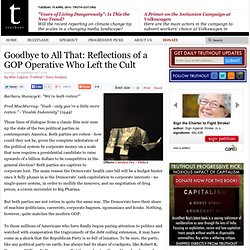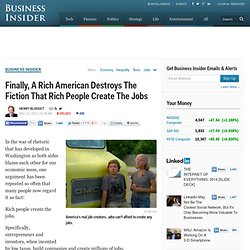

Land and Money, the Siamese Twins. Land and Money, the Siamese Twins When there are two separate movements each claiming that they have the solutions to the world’s economic problems, we have an intellectual challenge.

Rational beings might conclude each group of reformers has a key part of the truth. The two groups I refer to are the monetary reform movement and the Georgist movement. The monetary reformers come in several varieties, but in common they believe the creation of money should be without interest and should be a public function. Privatising the right to create and control our means of exchange is the ultimate privatisation. So what do Georgists want? Both arguments seem reasonable. Some, like me, find themselves in both camps. Within the monetary reform movement there are two main camps. Let’s reflect for a moment on the historical connections between land and money and go back to the Italian goldsmiths. Now Jews couldn’t lend to Jews at interest, Gentiles were forbidden from lending out money at interest.
The Costs of Capitalism's Crisis: Who Will Pay? 97% Owned - Monetary Reform documentary. How Banks Create Money. The money that banks create isn’t the paper money that bears the logo of the government-owned Bank of England.

It’s the electronic deposit money that flashes up on the screen when you check your balance at an ATM. Right now, this money (bank deposits) makes up over 97% of all the money in the economy. Only 3% of money is still in that old-fashioned form of cash that you can touch. Banks can create money through the accounting they use when they make loans.
The numbers that you see when you check your account balance are just accounting entries in the banks’ computers. In the video below Professor Dirk Bezemer at the University of Groningen and Michael Kumhof, an IMF Economist explain where money comes from in less than 2 minutes: Every new loan that a bank makes creates new money. “Commercial [i.e. high-street] banks create money, in the form of bank deposits, by making new loans. Goodbye to All That: Reflections of a GOP Operative Who Left the Cult. Barbara Stanwyck: "We're both rotten!

" Fred MacMurray: "Yeah - only you're a little more rotten. " -"Double Indemnity" (1944) One Society » Resources for journalists. Of the 1%, by the 1%, for the 1% It’s no use pretending that what has obviously happened has not in fact happened.

The upper 1 percent of Americans are now taking in nearly a quarter of the nation’s income every year. In terms of wealth rather than income, the top 1 percent control 40 percent. Their lot in life has improved considerably. Twenty-five years ago, the corresponding figures were 12 percent and 33 percent. One response might be to celebrate the ingenuity and drive that brought good fortune to these people, and to contend that a rising tide lifts all boats. Economists long ago tried to justify the vast inequalities that seemed so troubling in the mid-19th century—inequalities that are but a pale shadow of what we are seeing in America today. Some people look at income inequality and shrug their shoulders. First, growing inequality is the flip side of something else: shrinking opportunity. None of this should come as a surprise—it is simply what happens when a society’s wealth distribution becomes lopsided.
Free Market Fantasies by Noam Chomsky 1/5 - StumbleUpon. 10 Lesser Known Economic Issues. Politics While not an economist in the traditional sense, I am very interested in the study of economics.

While not everyone shares this level of interest, I believe people should have an understanding of economics as the field is so important to understanding the world that we live in. Though this list contains ideas that are controversial, it is not intended to promote anger or controversy. Rather, these entries were chosen to shed some light on lesser known, yet important economic issues facing our world, and give readers something to ponder. Please give your opinions on these issues in the comments. Also known as the Diamond-Water Paradox, the paradox of value is the contradiction that while water is more useful, in terms of survival, than diamonds, diamonds get a higher market price. This paradox can possibly be explained by the Subjective Theory of Value, which says that worth is based on the wants and needs of a society, as opposed to value being inherent to an object. University Archive for the History of Economic Thought.
The Ascent of Money - Niall Ferguson (episode1) Finally, A Rich American Destroys The Fiction That Rich People Create The Jobs. 60 Minutes America's real job-creators...who can't afford to create any jobs.

In the war of rhetoric that has developed in Washington as both sides blame each other for our economic mess, one argument has been repeated so often that many people now regard it as fact: Rich people create the jobs. Specifically, entrepreneurs and investors, when incented by low taxes, build companies and create millions of jobs. And these entrepreneurs and investors, therefore, the argument goes, can solve our nation's huge unemployment problem — if only we cut taxes and regulations so they can be incented to build more companies and create more jobs.